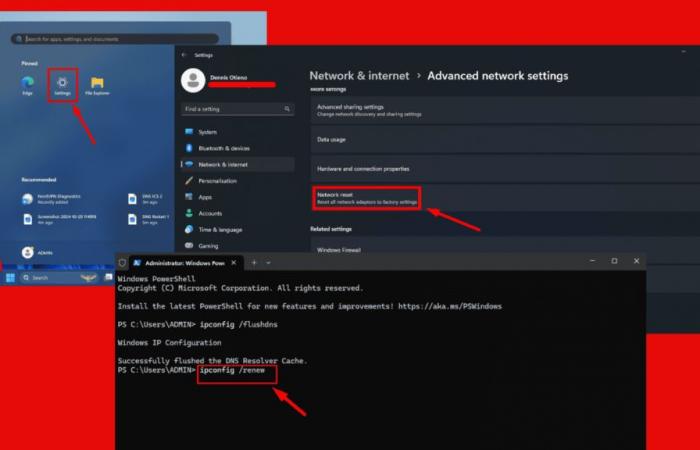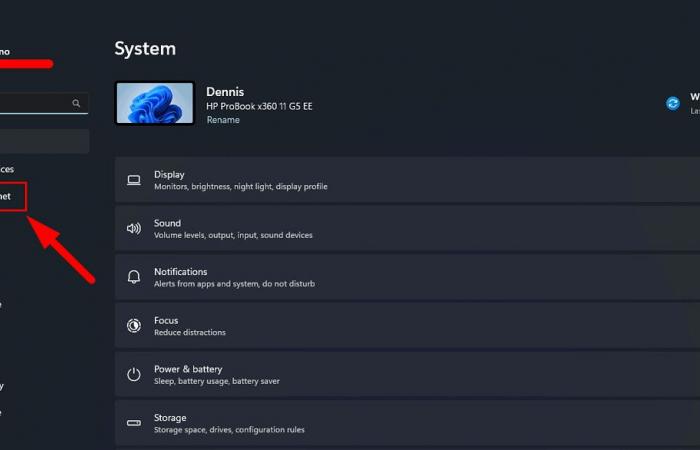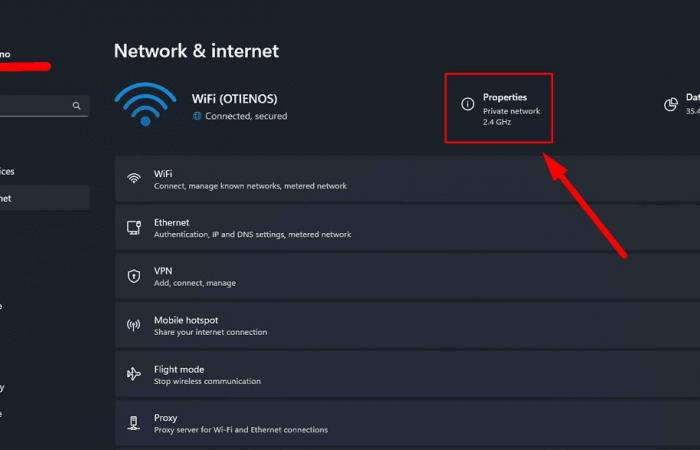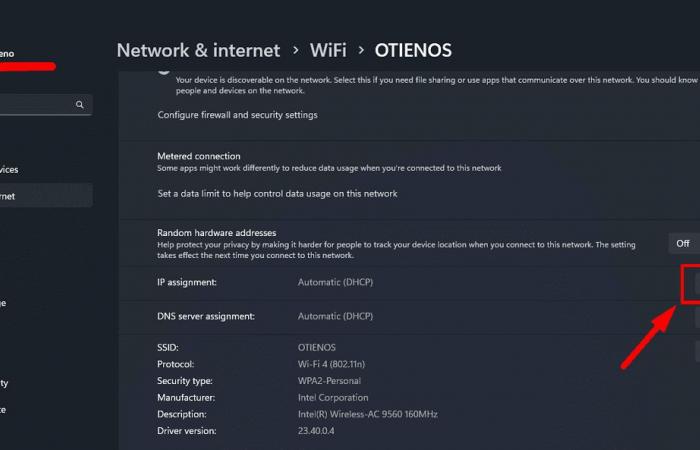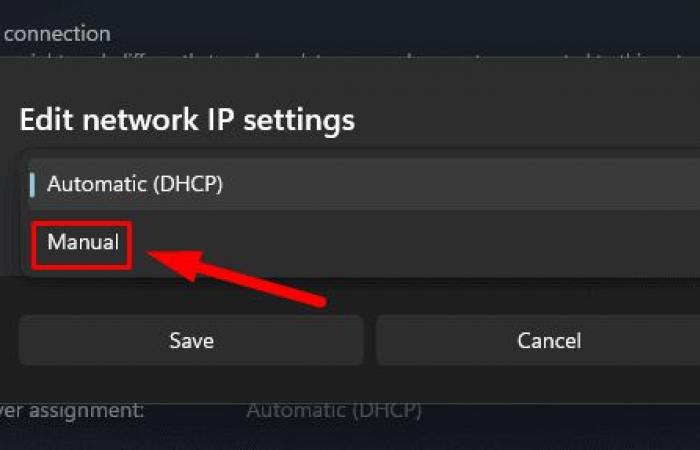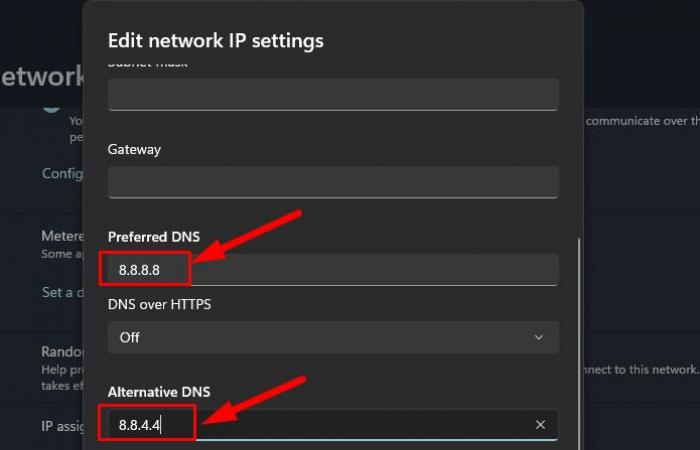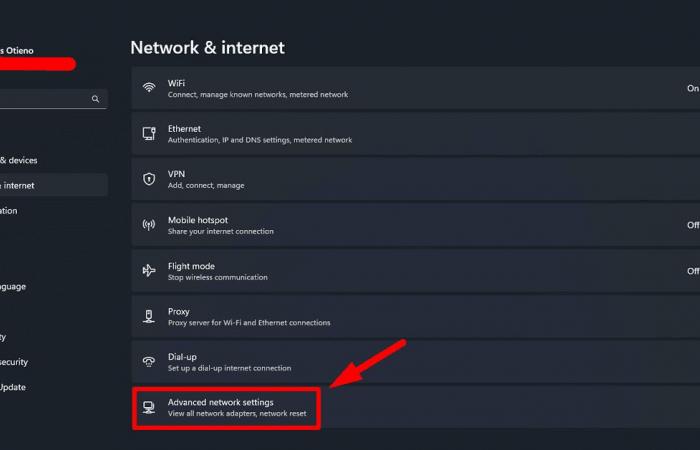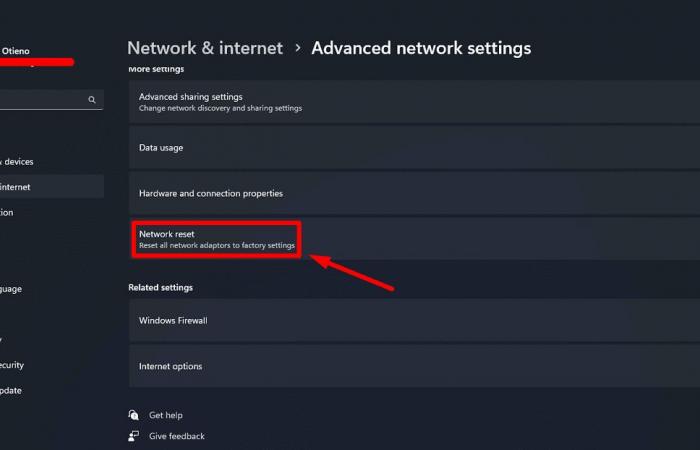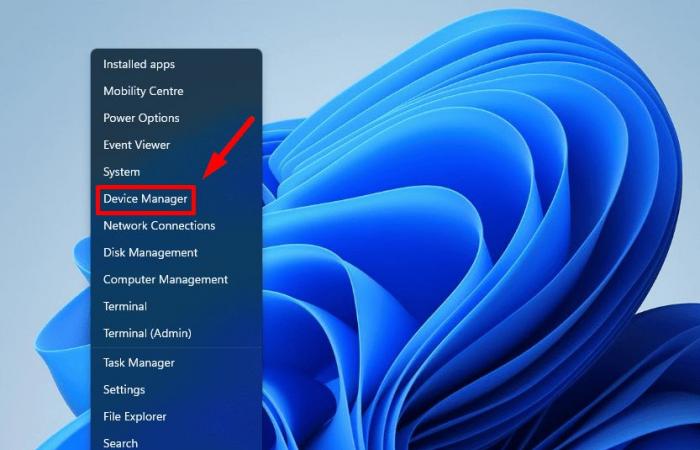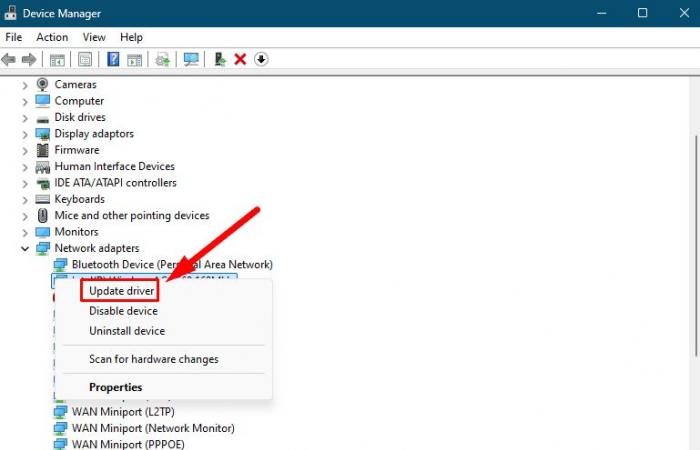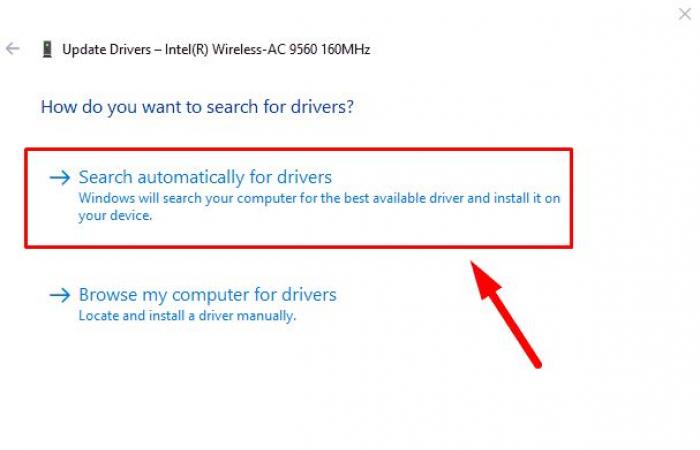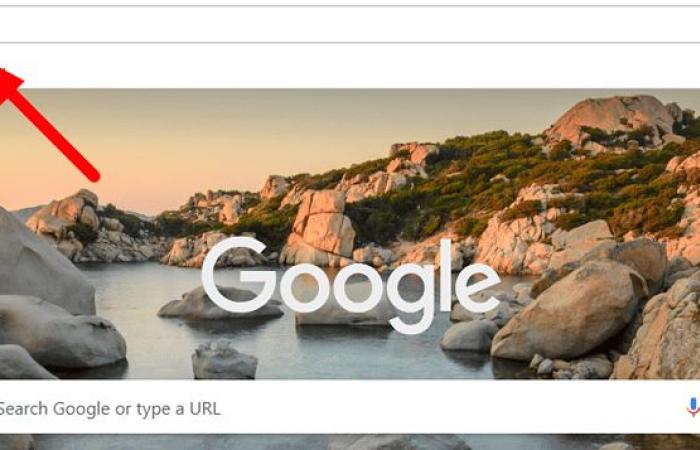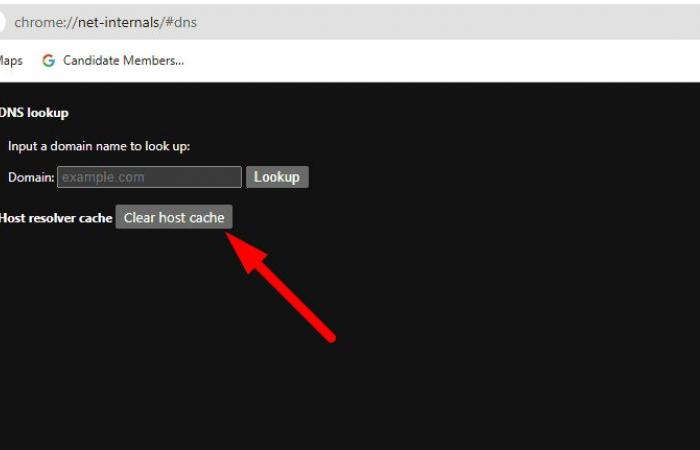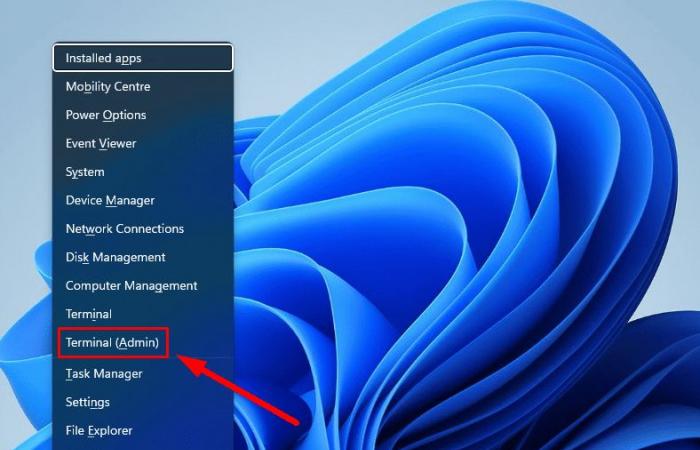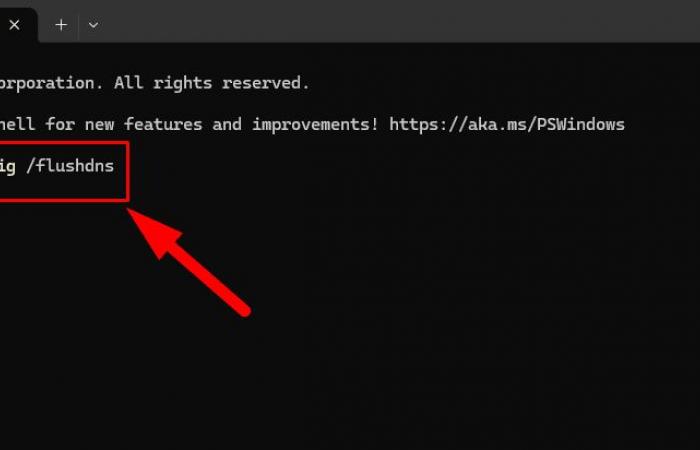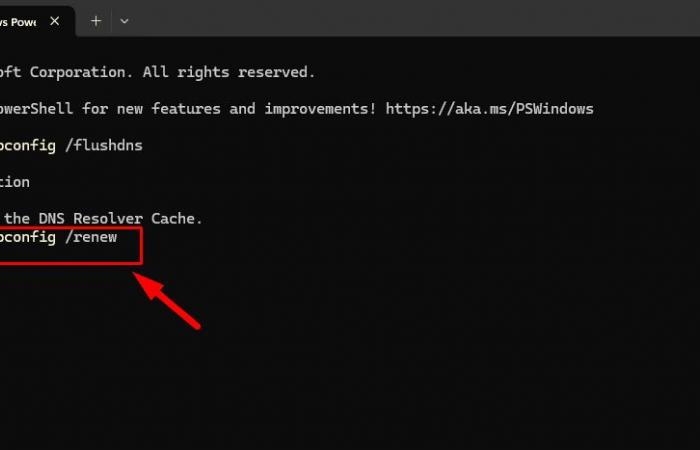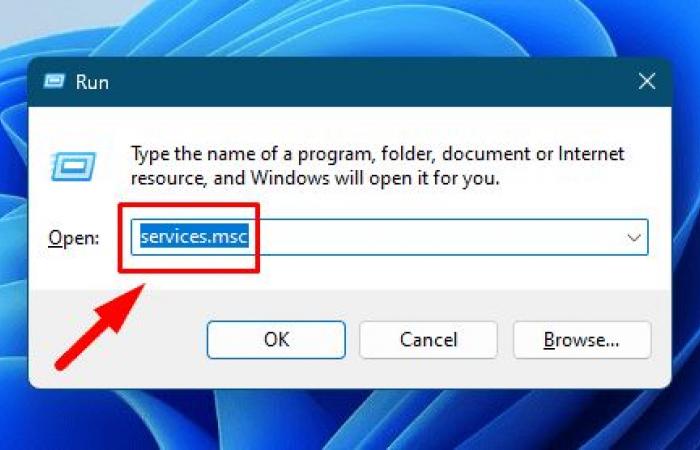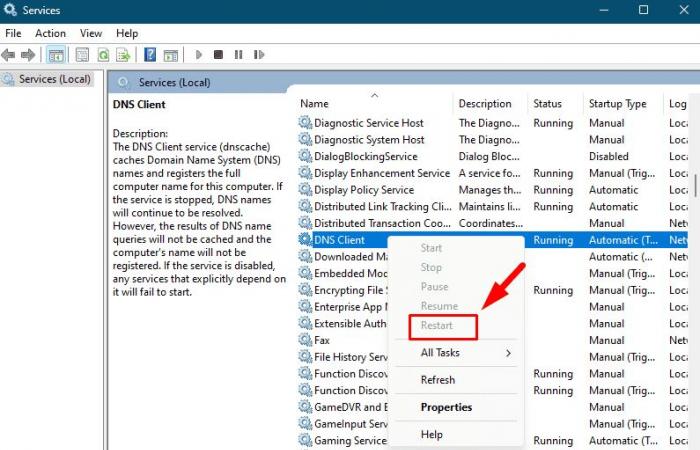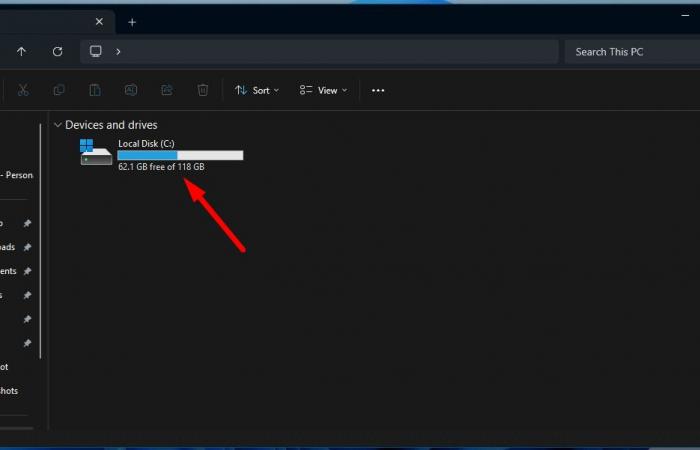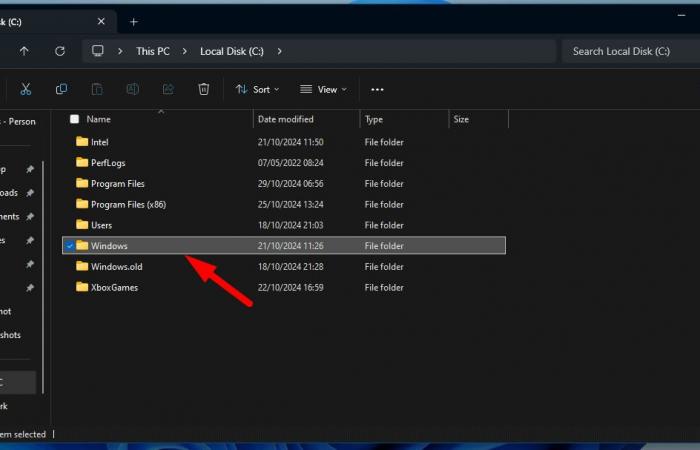Wondering how to fix “DNS address not found” error message in Windows 11? I’ll show you, so keep reading.
The error indicates a problem with your network configuration or DNS settings. It can prevent you from accessing websites and disrupt your online activities. Fortunately, there are several methods to resolve this problem. I’ll guide you through each step to regain your Internet connection.
Let’s get started!
Quick repairs
Try these solutions first:
- Restart your router: Turn off your router, wait about 30 seconds, then turn it back on.
- windows Update:Click Windows icon > Settings > Windows Update > Check for updates > Download and install available updates.
- Reinstall Google Chrome: Uninstall Google Chrome from Settings > Apps > Installed apps and then reinstall it from the official website.
- Disable third-party antivirus:Right-click the antivirus icon in the system tray and select the option to temporarily disable it
Change DNS settings
Switching to a reliable DNS server can improve the speed and reliability of domain name resolution. This solution can help you regain access to websites that were previously inaccessible. Follow the steps below:
- Press the key Icône Windows + I to open the Settings menu and click Network & Internet in the sidebar.

- Click “Properties”.


- Scroll to « Attribution IP » and click “Modifier”.
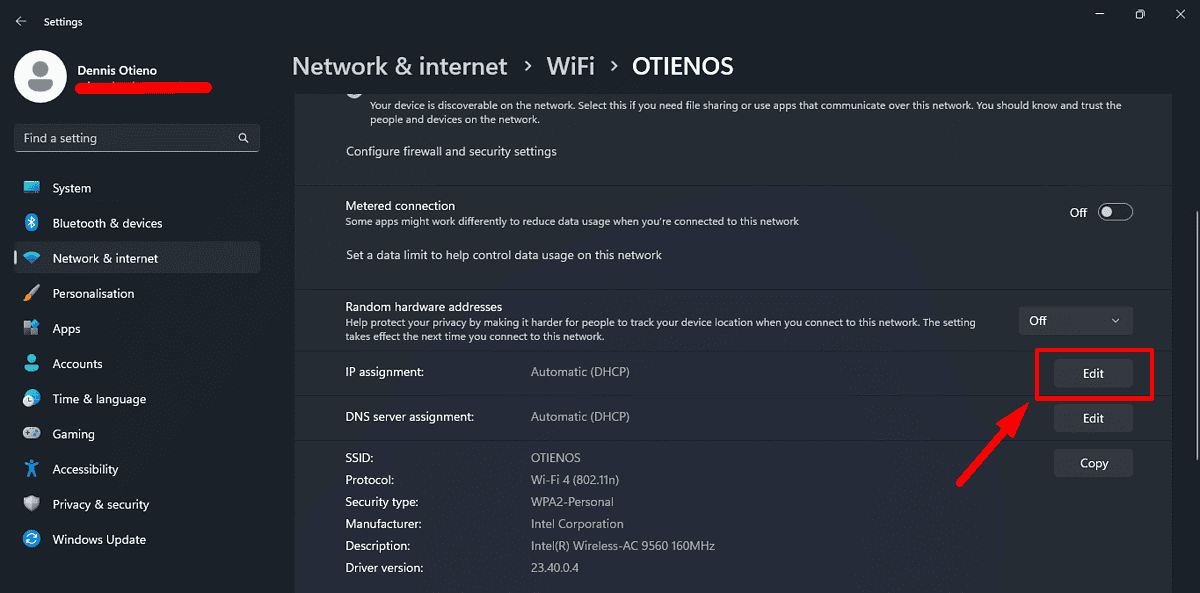

- Click on the drop-down menu, choose “Manuel,” and switch it Activation d’IPv4.
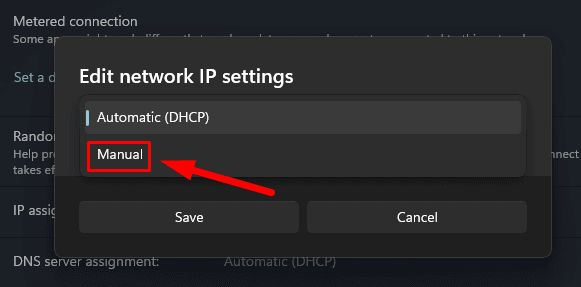

- Enter Google DNS: 8.8.8.8 (preferred DNS) and 8.8.4.4 (alternate DNS), then click “To safeguard” apply changes.
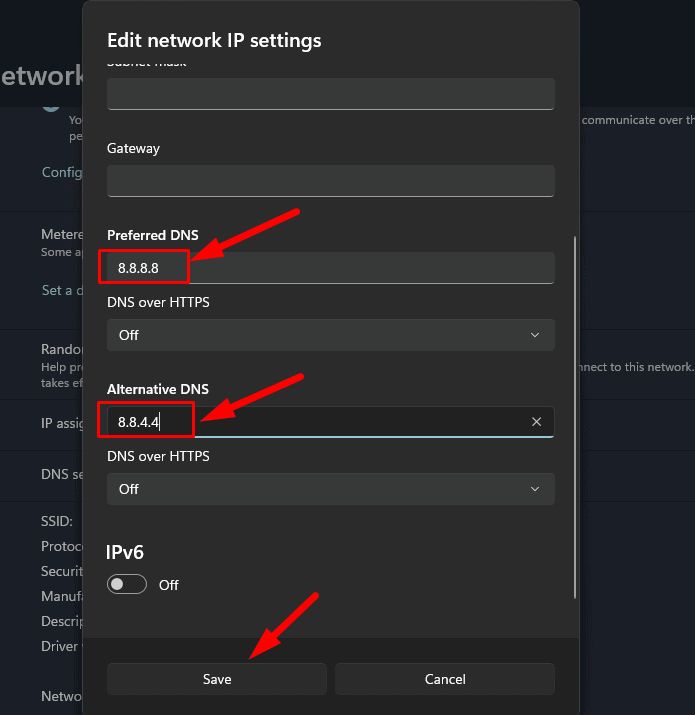

Confirm if the error is resolved.
Reset network settings
Resetting your network settings can eliminate any configuration errors that are causing the problem. DNS error. This method restores your network settings to their default state:
- Tap the Windows icon, click Settingsthen press “Network and Internet.”


- Scroll down and click “Advanced network settings”.
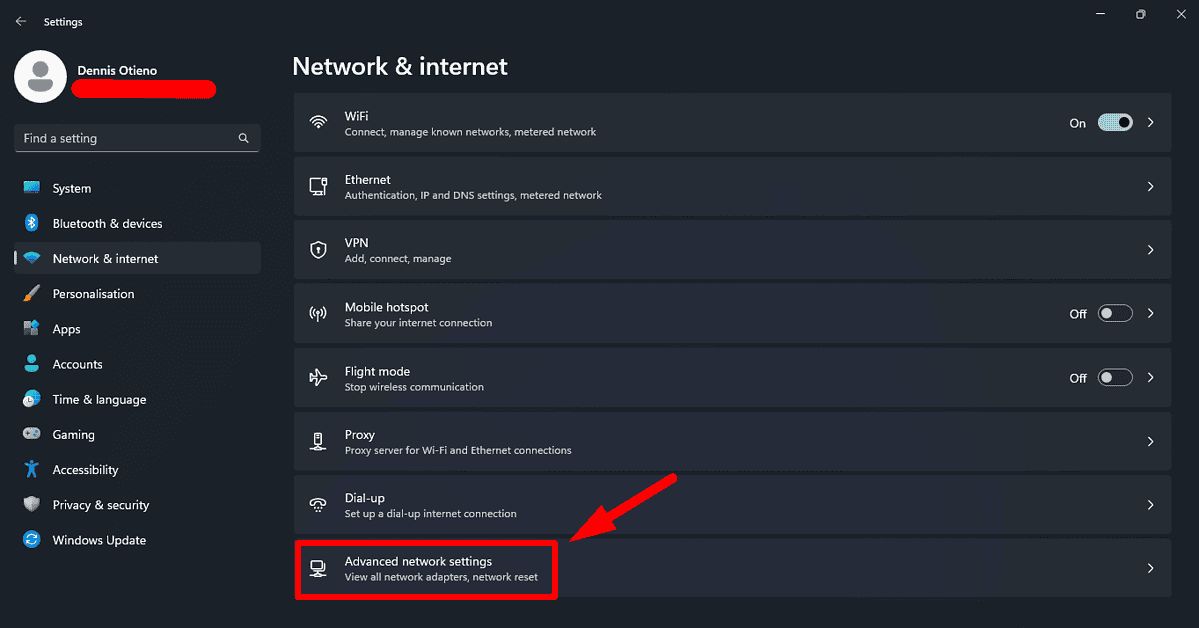

- Click “Network Reset” down. Follow the instructions and at the end your PC will restart.
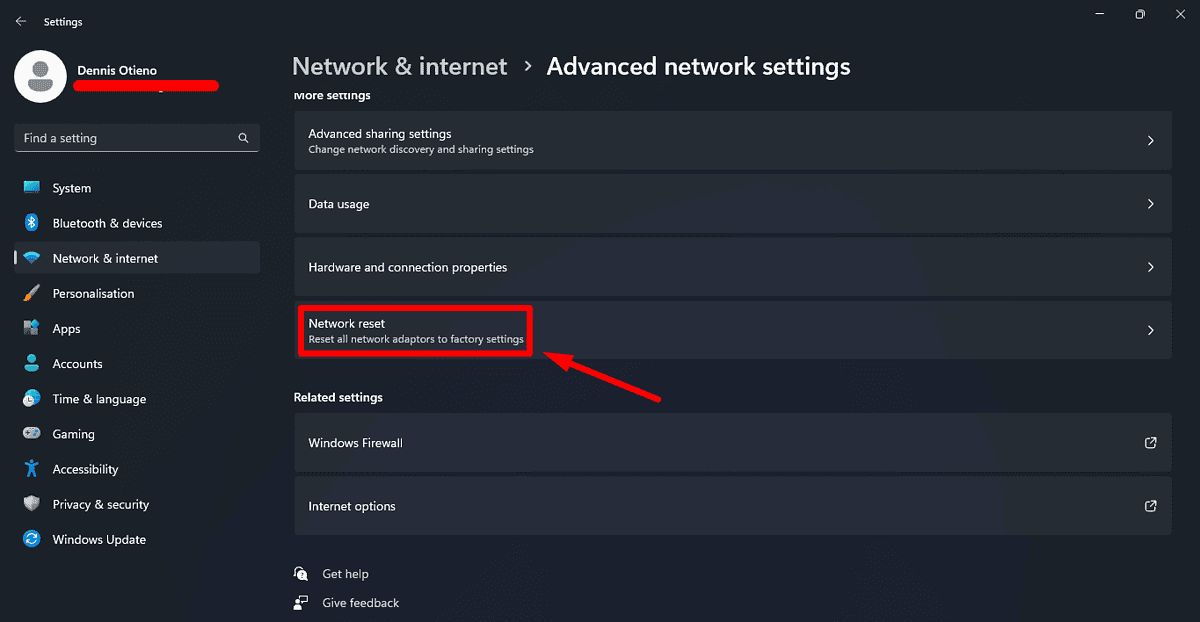

Update network drivers
Outdated or corrupt network drivers can cause DNS resolution issues. Follow the steps below to update your drivers:
- Right-click the Start button and select “Device Manager”.
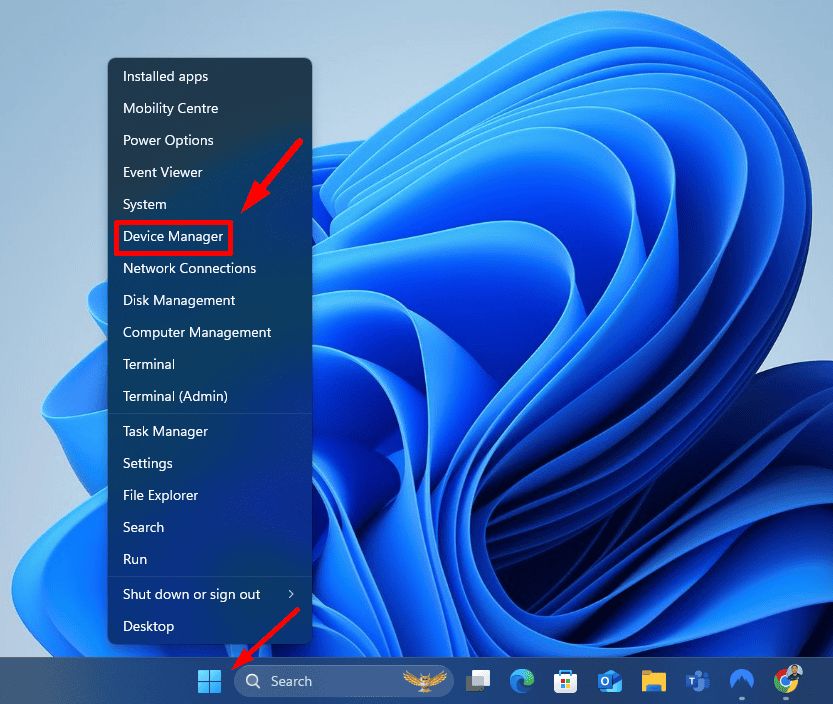

- Expand the “Network adapters” section, right-click on a device with a yellow exclamation mark and select “Update driver”
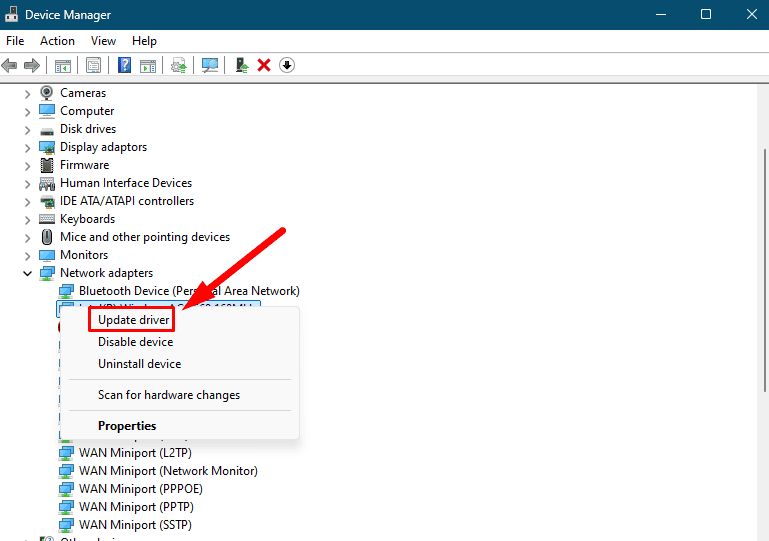

- Choose “Automatically search for drivers” and follow the instructions.
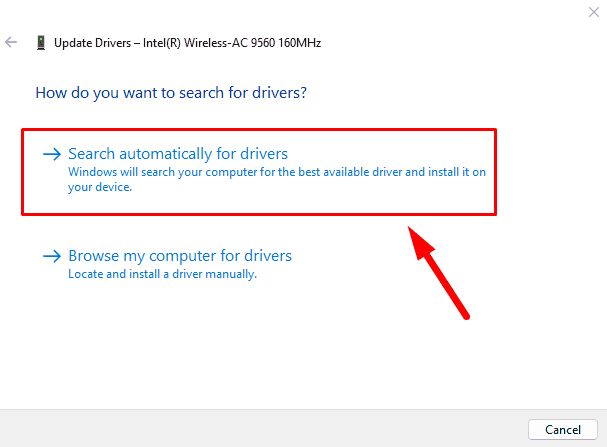

Alternatively, you can use a dedicated tool like Helpsoft PC Driver Updater to simplify the process. This tool will help you automatically update all your drivers.
Clear host cache in Google Chrome
A corrupted host cache in your browser can cause DNS errors when accessing certain websites. Clearing the host cache may refresh this data. Here’s how to do it:
- Launch Google Chrome.
- Type chrome: // net-internals / # dns and press Enter.


- Click “Clear host cache” then restart your browser.
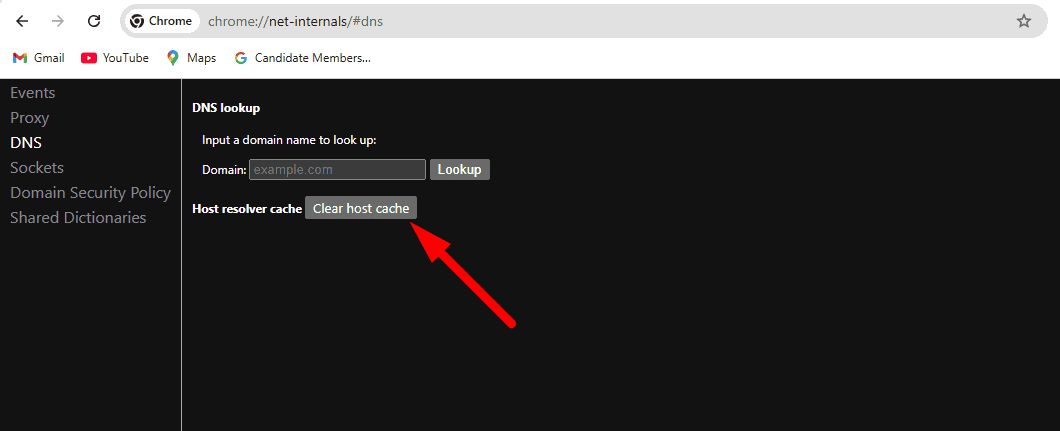

Clear and renew DNS cache
Flushing the DNS cache removes obsolete entries that could be causing resolution issues. Renewing your IP address can also help establish a new connection to your network. Follow the steps below:
- Press the key Icône Windows + X, then touch Terminal (administrator).
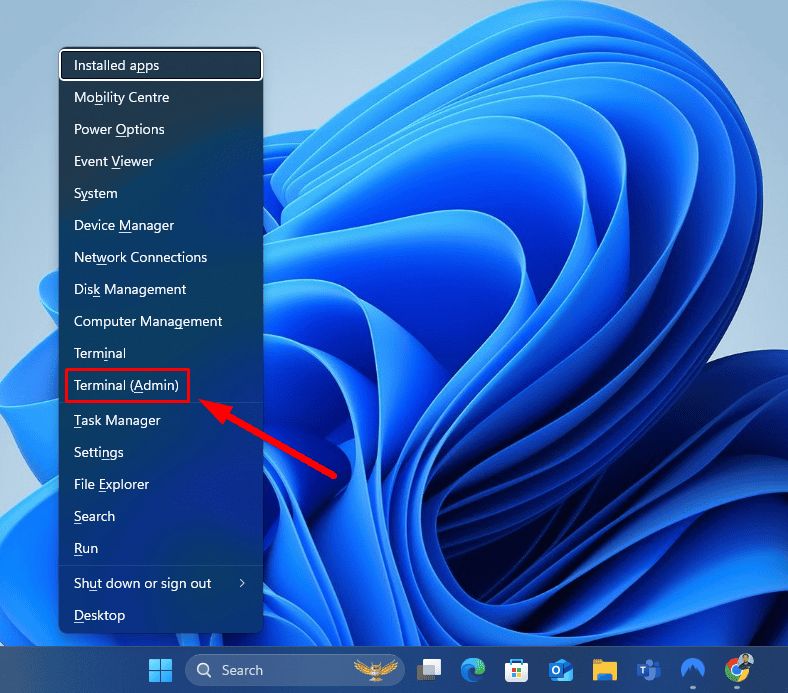

- Type ipconfig / flushdns and press Enter.
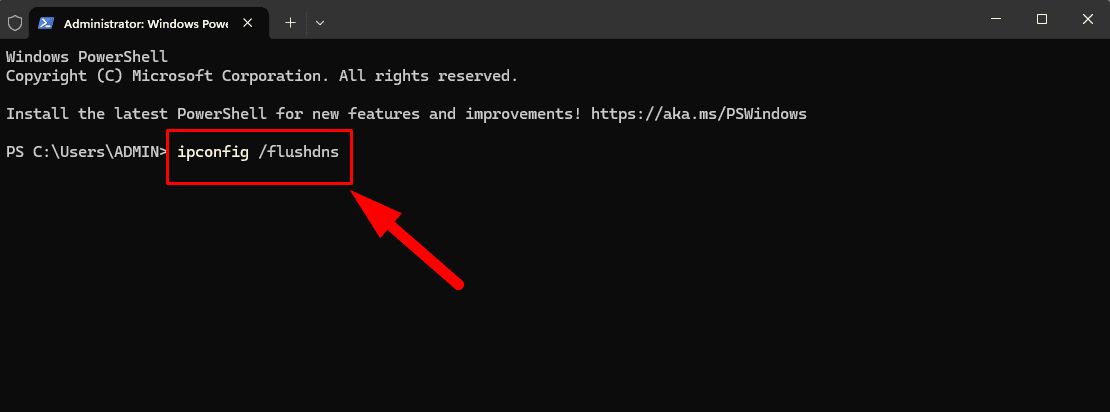

- To renew your IP address, enter ipconfig / renew and press Enter.
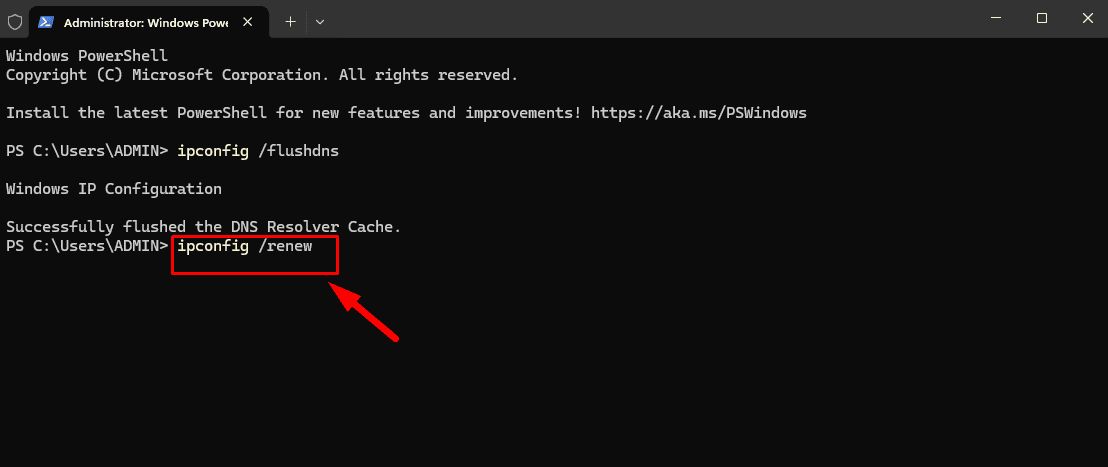

Restart your PC and confirm if the error is resolved.
Restart the DNS Client Service
This can help refresh the DNS resolution process and resolve temporary issues with the service. Follow the steps below:
- Press the key Icône Windows + RThe guy services.mscand hit Enter.
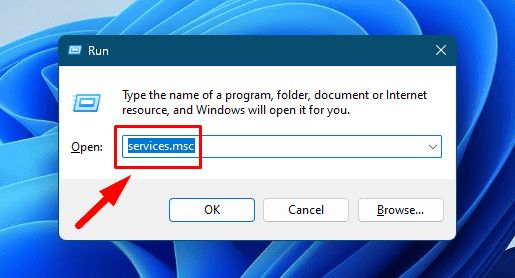

- Scroll down, right click « Client DNS » and select “Restart.”


The service is already running if the restart button is grayed out.
Delete files in “ETC” folder
Files in the ETC folder, especially the host file, can sometimes contain incorrect entries that cause DNS issues. To delete them:
- Open what pc from your desktop and double-click Local disk (C:).
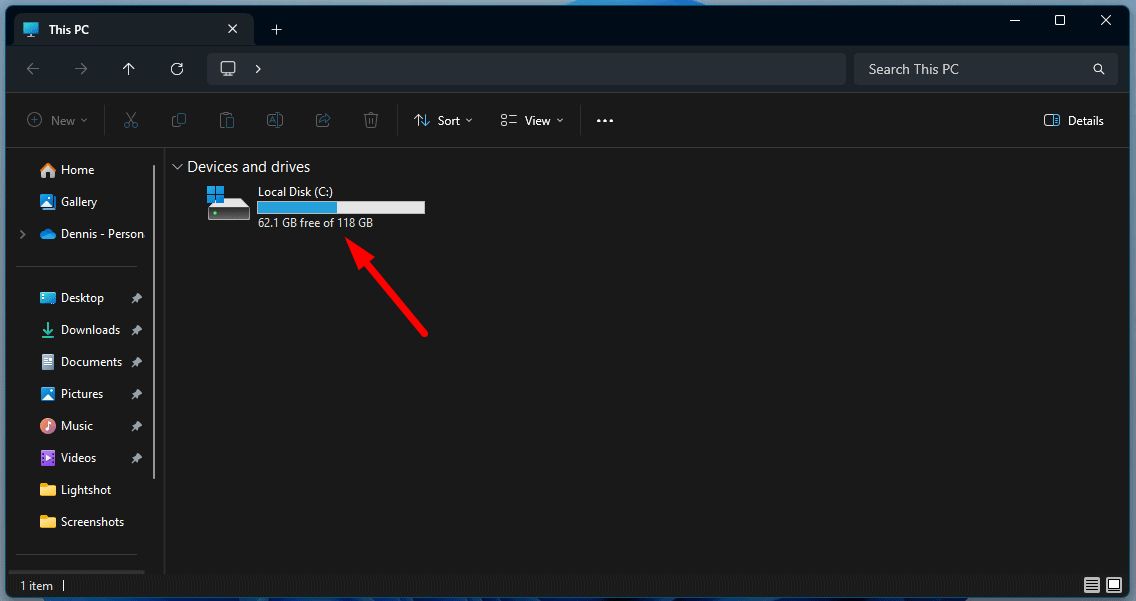

- Click Windows > System32 > pilotes > etc.
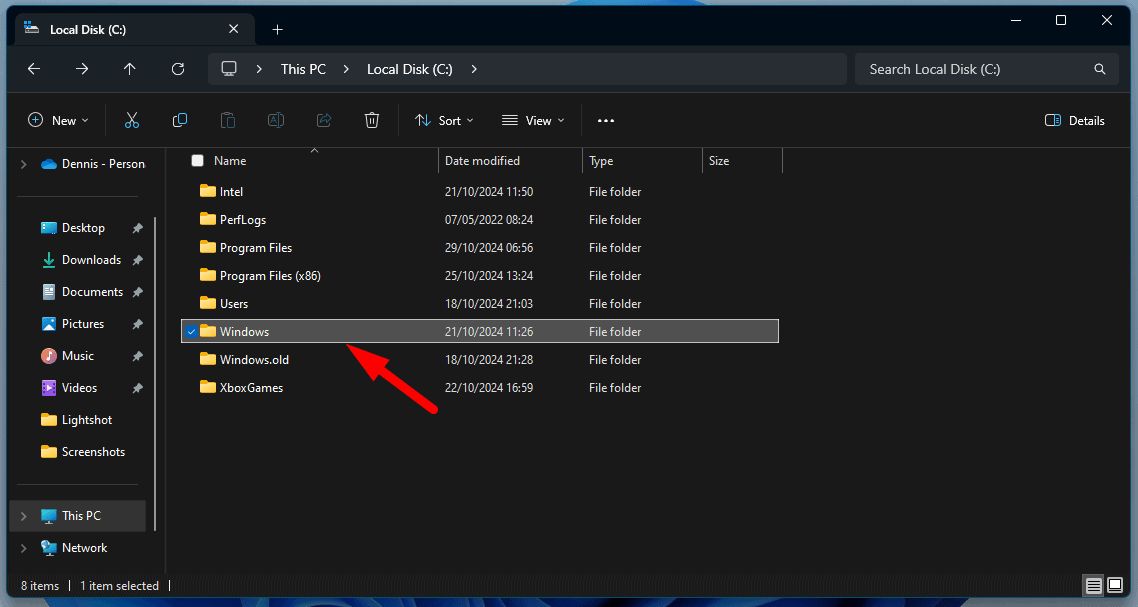
Denis Otieno
Technical content writer
Dennis is a technical content writer who enjoys writing interesting articles on the latest technology trends, cybersecurity, and software reviews. It breaks down complex topics into user-friendly content to help audiences relate to each concept.

